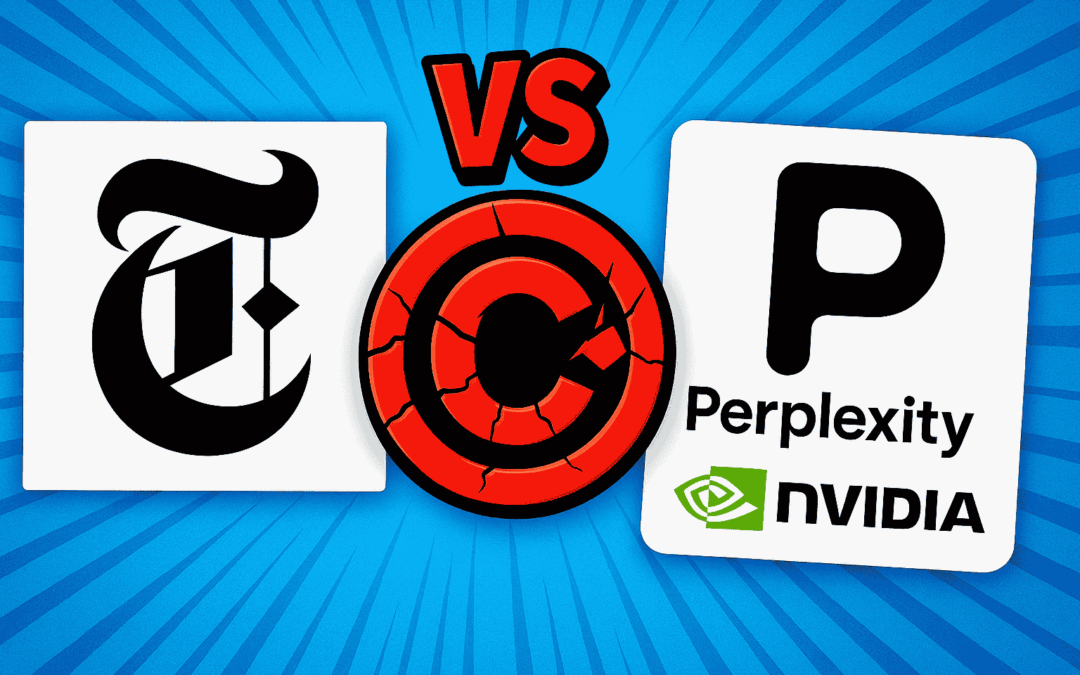Generative AI continues to reshape startup culture, disrupting traditional methods like pitch decks. As leading AI innovators accelerate reliance on large language models (LLMs) and live data, investors and founders pivot workflows to leverage smarter, real-time tools. Recent commentary from Perplexity AI underscores this evolution.
Key Takeaways
- Perplexity AI’s CEO claims AI-driven conversations can replace traditional startup pitch decks.
- Leading investors already use LLMs to interact with founders and analyze startups.
- AI-powered Q&A tools enhance investment decisions with richer context, enabling smarter due diligence.
- This trend signals a shift in how founders and funds collaborate, emphasizing transparency and efficiency.
Are Pitch Decks Becoming Obsolete With Advancing AI?
Punchy slides and static documents have long defined startup pitching. According to Perplexity AI CEO Aravind Srinivas “AI-powered, dynamic exchanges now outperform traditional pitch decks for conveying business models and traction to investors.” This reflects a growing consensus: LLMs like OpenAI’s GPT-4o and Perplexity’s own conversational engines can quickly surface real-time company insights, answer nuanced questions, and instantly tailor information to investor needs.
TechCrunch and VentureBeat both highlight that several VC firms, including Sequoia Capital and Andreessen Horowitz, already use AI tools to vet startups and evaluate market fit. The widespread adoption of generative AI allows investors to directly interrogate company data, financials, and technical roadmaps in seconds, a feat previously constrained by static slide decks.
Implications for AI Professionals, Developers, and Startups
This shift signals new expectations for founders and developers.
Generative AI allows investors and founders to skip rehearsed narratives and immediately surface hard facts, projections, and risks.
For developers of AI solutions, the market now favors user interfaces that support dynamic, context-aware Q&A and data transparency. Startups should ensure their data pipelines integrate with common AI workflows, supporting instant AI-driven diligence.
For VCs and accelerators, AI adoption enables rapid company vetting and a reduction in manual research hours. However, it puts the onus on AI professionals to build trustworthy, privacy-first pipelines. Data integrity, speed, and explainability become key technical differentiators.
What Startups Should Do Next
- Invest in up-to-date data architectures to interface with LLM-powered diligence tools.
- Prioritize transparency and easy surfacing of metrics, traction, and financial models for AI consumption.
- Adopt or develop AI-ready onboarding flows for investors to access live, relevant company info.
The Bigger Picture
The future of startup due diligence will belong to those who harness LLMs and generative AI to turn raw data into business decisions in real time.
As generative AI matures, expect continuous evolution in how founders raise capital and how VCs discover investment opportunities. The startups who automate trust and access, while keeping data auditable and secure, will define the next fundraising era.
Source: AI Magazine, VentureBeat, and TechCrunch











